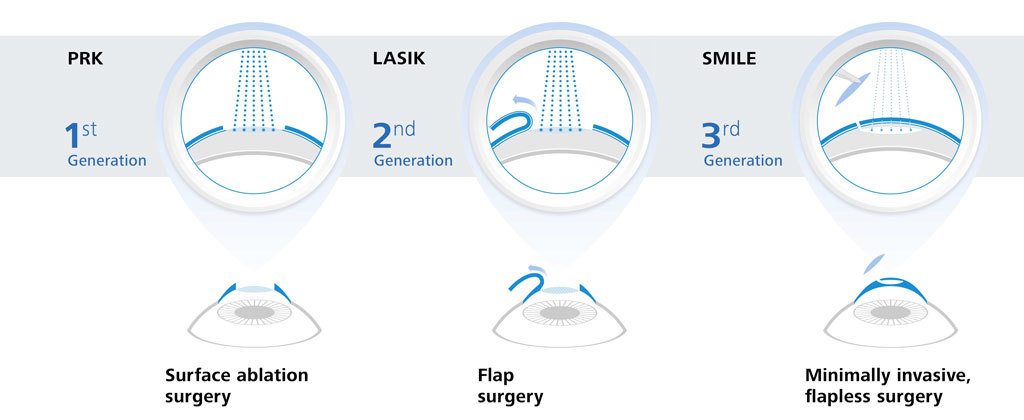The Comprehensive Frequently Asked Question On Refractive Lens Exchange: Everything You Ought To Be Informed Concerning
The Comprehensive Frequently Asked Question On Refractive Lens Exchange: Everything You Ought To Be Informed Concerning
Blog Article
Content Develop By-Lundqvist Goldstein
If you're taking into consideration refractive lens exchange, you probably have a great deal of concerns. This procedure could change just how you see the world, providing benefits like decreased dependence on glasses. Nonetheless, please click the following internet page to comprehend the process, dangers, and who qualifies as a good candidate. Allow's discover these vital aspects so you can make an enlightened decision about whether RLE is right for you.
What Is Refractive Lens Exchange and Exactly How Does It Function?
Refractive lens exchange (RLE) is an operation made to replace your eye's natural lens with a synthetic one, dealing with vision issues like nearsightedness, farsightedness, or presbyopia.
During the procedure, your specialist makes a tiny cut in the eye, removes your all-natural lens, and inserts an intraocular lens (IOL) customized to your vision needs. Cochrane Review Cataract Surgery takes around 15 to half an hour per eye and is executed under regional anesthetic.
You'll likely notice renovations in your vision nearly immediately, though total healing might take a couple of weeks. RLE is specifically valuable for those over 40 or with high prescriptions, using a durable option contrasted to glasses or contact lenses.
Your eye care specialist can assist establish if RLE is right for you.
What Are the Advantages and Threats of Refractive Lens Exchange?
Choosing refractive lens exchange can lead to substantial enhancements in your vision, yet it's important to weigh both the benefits and threats before making a decision.
On the bonus side, this procedure can boost your vision by remedying problems like presbyopia, myopia, and hyperopia. Several clients enjoy decreased reliance on glasses or get in touch with lenses, which can greatly boost their quality of life.
Nonetheless, it's critical to think about prospective threats. Difficulties can include infection, glare, or halos around lights.
There's likewise a chance of overcorrection or undercorrection, which might call for added treatments.
Who Is a Suitable Prospect for Refractive Lens Exchange?
If you're considering refractive lens exchange, it is essential to understand whether you fit the profile of an optimal candidate. Typically, you may be a good candidate if you're over 40, experience presbyopia, or have high levels of nearsightedness or farsightedness.
It's likewise essential that your vision is steady, suggesting your prescription hasn't transformed significantly in the past year. If you have cataracts or other eye problems, you could take advantage of this treatment as well.
Nevertheless, particular aspects, like unrestrained diabetes mellitus or autoimmune conditions, might disqualify you. To determine your candidateship, speak with an eye treatment professional who can evaluate your particular circumstance and recommend the best strategy tailored to your needs.
Verdict
Finally, refractive lens exchange can be a transformative option for boosting your vision, especially if you more than 40 or have a high prescription. While the advantages are substantial, it's critical to evaluate the dangers and consult with your eye treatment professional to figure out if you're an ideal candidate. With the right information and advice, you can make a notified decision and perhaps appreciate a life with lowered dependancy on glasses.
